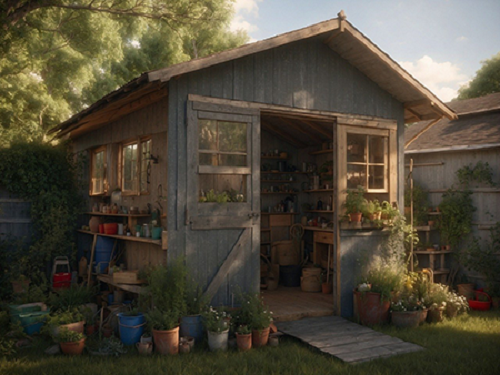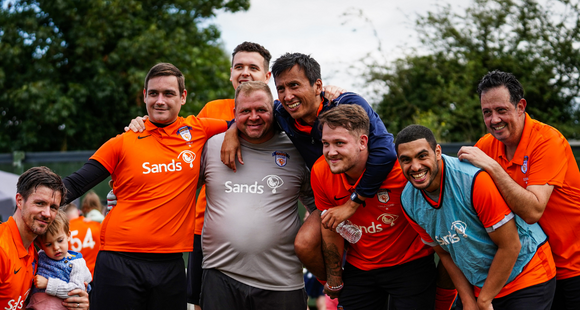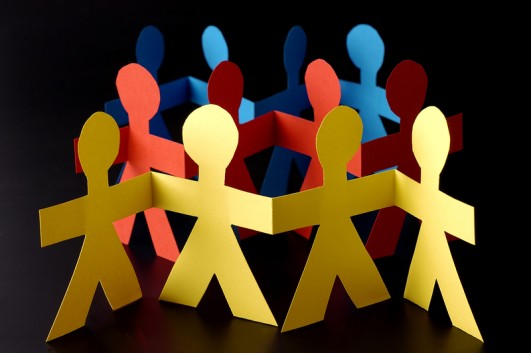This article refers to suicide and discusses baby loss. If you need assistance, the Samaritans can be contacted on 116 123.
The 6 Pillars of International Men’s Day are:
To promote positive male role models: this is not just about focusing on the role models that might be familiar to us such as movie stars, Olympic athletes and sportsmen but everyday, working-class men who are living each day and getting by.
To celebrate men’s positive contributions to society: this includes their contribution to the community, to families, marriage, childcare, and to the environment. This might be about encouraging men to teach the boys in their lives the values, character and responsibilities of being a considered and well-rounded individual.
To focus on men’s health and well-being: that is the social, emotional, physical and spiritual facets that contribute to a sense of self.
To highlight discrimination against men: in areas of social services, social attitudes and expectations, and law.
To improve gender relations and promote gender equality: this includes both men and women leading by example to create a fair and safe society that allows everyone the opportunity to prosper.
To create a safer, better world: where people can be safe and grow to reach their full potential.
Why the focus on men?

- Men are three times more likely than women to die by suicide.
- Men aged 40 to 49 have the highest rate of suicide in the UK.
- Men are less likely to seek support such as psychological therapies when compared with women.
- Men are far more likely to go missing, sleep rough, and become dependent on alcohol and drugs.
While these facts represent a gloomy outlook, help and support are available. This can be found at the bottom of this article (Mental Health Foundation, 2022).
Why is it that some men don’t talk about how they feel?
Ideas about what it means to be a man and society’s expectations of them are some of the reasons why men are less likely to talk about seeking help for any problems they may be experiencing, including mental health. Men are often expected to be the breadwinners and to be strong, stoic and in control. While these are positive attributes it can make it more challenging for men to seek help whether it is with their friends, family, or formal support services.
Uniting a community of men: sheds

Many men including family members have contributed to one or more of the pillars of Men’s International Day and some have done so due to challenging times in their lives. The Men’s Shed movement, an initiative developed in Australia by Maxine Chaseling who was concerned for her father’s health, is one such movement that for over three decades has continued to connect men and empower communities to reduce men’s isolation. The movement has gained prominence in the UK, New Zealand, Ireland and elsewhere in Europe. As well as the availability of direct health interventions such as health checks, and distributing leaflets on health talks, the indirect benefits include looking out for one another and mutual support (Cordier and Wilson, 2013).
Coming together through football following a loss

In the UK, many men have also been united by a community of emotional support and physical activity through football such as Sands Utd. The founder of Sands Utd, Rob Allen, organised a charity football match after he and his wife Charlotte’s baby daughter died on 9 October 2017. The couple were supported through their loss by Sands, a charity that supports bereaved parents following pregnancy loss and neonatal death. However, at one support meeting, Rob observed that there were 24 women and only 3 men (Sands, 2021). Inspired by Rob, now more than 30 teams can be found across the UK to help bereaved fathers, grandfathers, uncles and brothers to cope with their grief.
Recently, Dr Kerry Jones, Dr Martin Robb and Dr Sam Murphy explored men’s experiences of belonging to a Sands United football team by interviewing members of some of the teams. These have been published in the book Men and Loss: Perspectives on Bereavement, Grief and Masculinity (edited by Kerry and Martin).
Together with Stephen Doran and Nick Lang they also produced two podcasts, about experiences of grief and loss following the death of a baby and what it means to belong to a Sands Utd football team developed by and for fathers.
Describing their experience of grief following the loss of Stephen’s son Jude and Nick’s daughter Evalyn, Sands Utd has meant being able to raise awareness of baby loss and grief which isn’t always recognised. Playing in a match doesn’t mean having to be good at football, but it does mean being able to remember a precious baby. Each team’s kit is embroidered with the names of the baby who has died which has enabled men to open up about their loss and to support one another.
What if you are worried about a man in your life?
- Let them know you are there to listen and not judge.
- Keep in touch: a text or a phone call can make all the difference.
- Find out about community or local services that support men.
- Reassure them it is okay for them to get help.
- Look after yourself too: supporting someone else can be hard.
What now, what next?
You may be struggling or know of someone who is. Several organisations can help. You may also be thinking about getting involved in a community initiative that supports men. These can be found below. If you are keen to raise awareness of some of the challenges men face and about raising the profile of positive male role models as part of International Men’s Day then you can find out more here.
Organisations that can help
CALM has a web page if you are concerned about someone who may be suicidal and what to say and do.
Men’s Health Forum has a web page with articles and blogs about support for men and mental health. They can also be contacted by phone or email.
Men’s sheds links to a network of men’s sheds and how to start a men’s shed in the community to support men’s health and well-being.
Samaritans have a web page if someone is struggling to cope or is worried about someone. Samaritans can also be reached by writing a letter to them by downloading a Freepost letter, phoning or emailing them.
Sands has a web page with links to support groups, parent forums and a helpline for bereaved parents following the death of a baby.
There are also resources for health professionals.




Rate and Review
Rate this article
Review this article
Log into OpenLearn to leave reviews and join in the conversation.
Article reviews